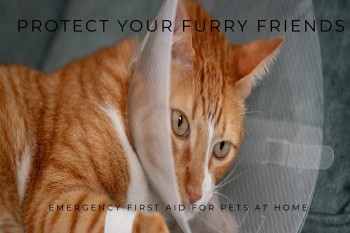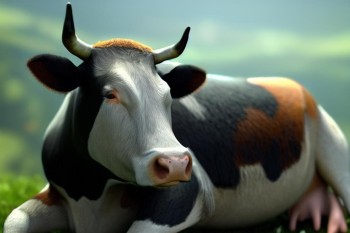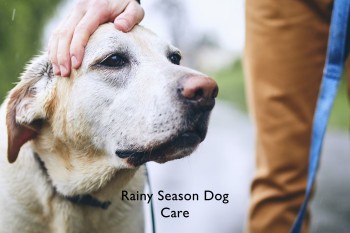Fowl Cholera: Causes, Symptoms, and Prevention
Fowl cholera is a bacterial disease that primarily affects domestic and wild birds. Also known as avian cholera or Pasteurellosis, it can lead to significant economic losses in the poultry industry. In this article, we will discuss the causes, symptoms, and prevention of fowl cholera.
What is Fowl Cholera?
Fowl cholera is a highly contagious bacterial disease that affects domestic and wild birds. The disease is caused by the bacterium Pasteurella multocida, which is found in the environment and can infect birds through inhalation, ingestion, or contact with contaminated water, feed, or equipment.
Symptoms of Fowl Cholera
The symptoms of fowl cholera can vary depending on the severity of the infection and the affected bird species. However, some common symptoms include:
Acute form
- Sudden death
- Swelling of the head and face
- Bluish comb and wattles
- Diarrhea
- Respiratory distress
Chronic form
- Loss of appetite
- Weight loss
- Weakness
- Decreased egg production
- Joint swelling
- Lameness
Diagnosis and Treatment of Fowl Cholera
If you suspect that your birds have fowl cholera, it is essential to seek veterinary care immediately. A veterinarian will diagnose the disease based on clinical signs, history, and laboratory tests, such as bacterial culture, serology, or PCR.
Treatment of fowl cholera involves administering antibiotics, such as tetracyclines or sulfa drugs, for several days. Supportive care, such as fluid therapy and nutrition, may also be necessary to help the birds recover. However, prevention is the best way to control fowl cholera.
Prevention of Fowl Cholera
Preventing fowl cholera involves a combination of management, biosecurity, and vaccination strategies. Here are some practical tips to prevent the disease:
Management practices
- Proper sanitation of feeders, waterers, and equipment
- Regular cleaning and disinfection of the coop or house
- Control of rodents and wild birds
- Separation of sick birds from healthy ones
Biosecurity measures
- Limiting visitors and traffic to the farm
- Wearing protective clothing and boots when entering the bird area
- Disinfecting equipment and vehicles before entering the farm
- Quarantining new birds before introducing them to the flock
Vaccination protocols
- Consult with a veterinarian to determine the appropriate vaccine type and schedule
- Vaccinate birds at the recommended age and dose
- Keep accurate records of vaccine administration
Conclusion
Fowl cholera is a bacterial disease that can have devastating consequences on the poultry industry. It is essential to recognize the symptoms of the disease and take appropriate preventive measures, such as proper management, biosecurity, and vaccination. If you suspect that your birds have fowl cholera, seek veterinary care immediately to avoid spreading the disease to other birds.
FAQs
Is fowl cholera contagious to humans? No, fowl cholera is not known to be contagious to humans.
Can fowl cholera be transmitted through eggs or meat? The bacterium Pasteurella multocida can survive in contaminated water or feed, but it is not known to infect humans through consumption of eggs or meat from infected birds.
Can fowl cholera be treated with home remedies or herbal supplements? No, fowl cholera is a serious bacterial infection that requires veterinary care and antibiotics for treatment. Home remedies or herbal supplements are not effective in treating the disease.
How long does it take for fowl cholera to spread to other birds? Fowl cholera can spread rapidly among birds, and infected birds can shed the bacterium in their feces, saliva, and nasal discharge for several weeks. It is crucial to isolate sick birds and practice good biosecurity measures to prevent the spread of the disease to other birds.
Can fowl cholera be prevented by natural means? While some natural remedies, such as probiotics or herbal extracts, may support the bird's immune system, they are not a substitute for proper management, biosecurity, and vaccination practices. Prevention of fowl cholera requires a comprehensive approach that addresses all potential sources of infection and risk factors.
In summary, fowl cholera is a serious bacterial disease that can affect domestic and wild birds. Recognizing the symptoms of the disease and taking appropriate preventive measures, such as proper management, biosecurity, and vaccination, is crucial to control and prevent the spread of the disease. If you suspect that your birds have fowl cholera, seek veterinary care immediately to avoid spreading the disease to other birds.

















